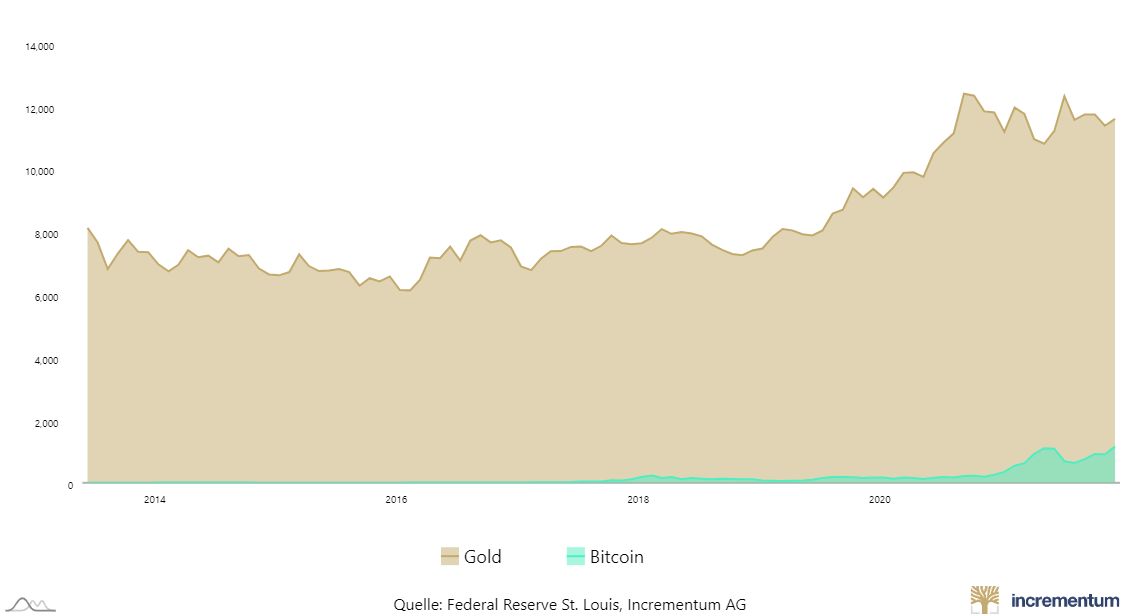[🇵🇰] Hundreds hospitalised in Pakistan as smog reaches record levels
- Pakistan Social & Current Events
- 11 Replies
Hundreds of people have been hospitalised following days of record-breaking smog in the Pakistani city of Lahore. The government has ordered the closure of all primary schools in the region and set up a war room to deal with the pollution crisis.
Had this been true, people in Amritsar would have died before that because of same pollution.




















